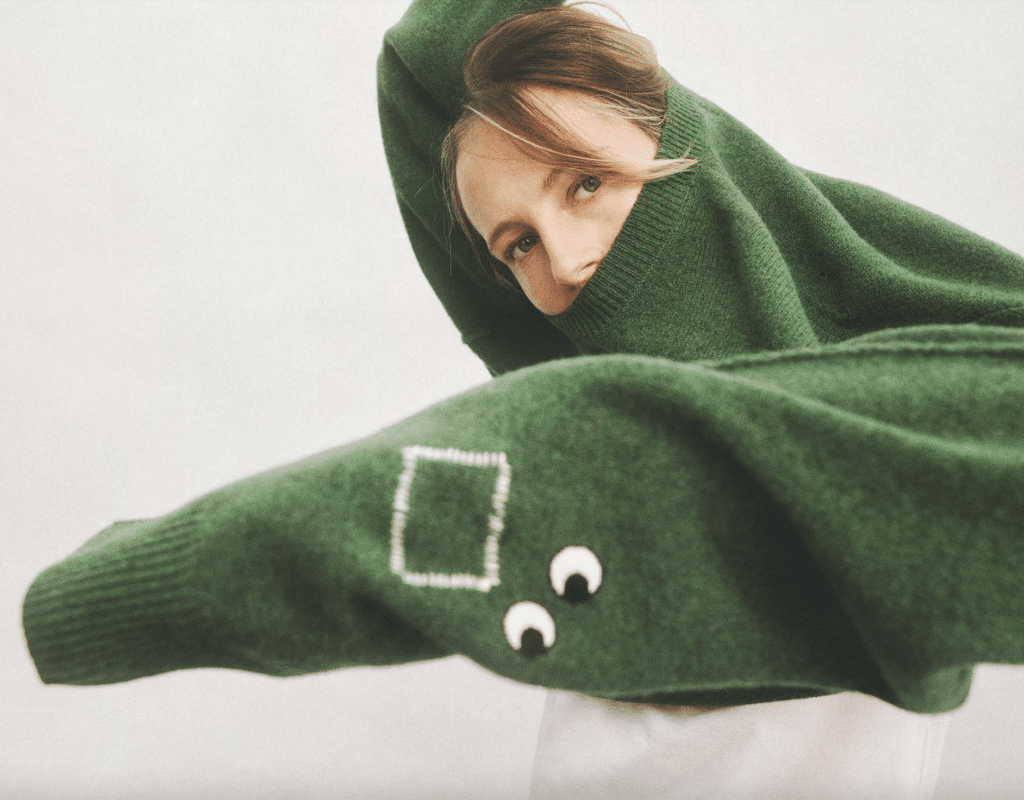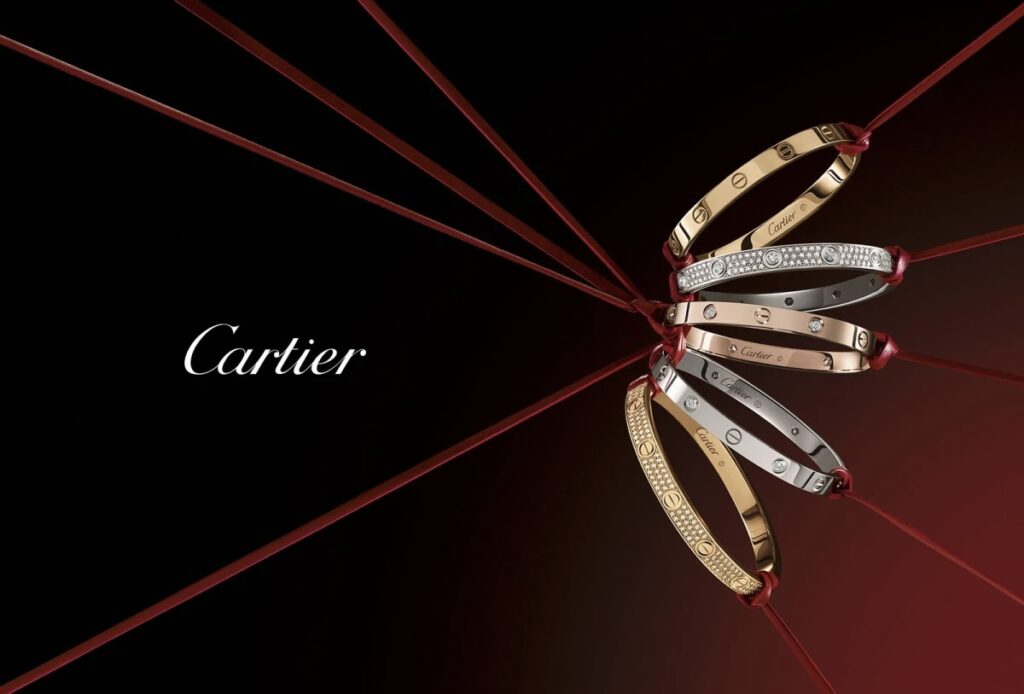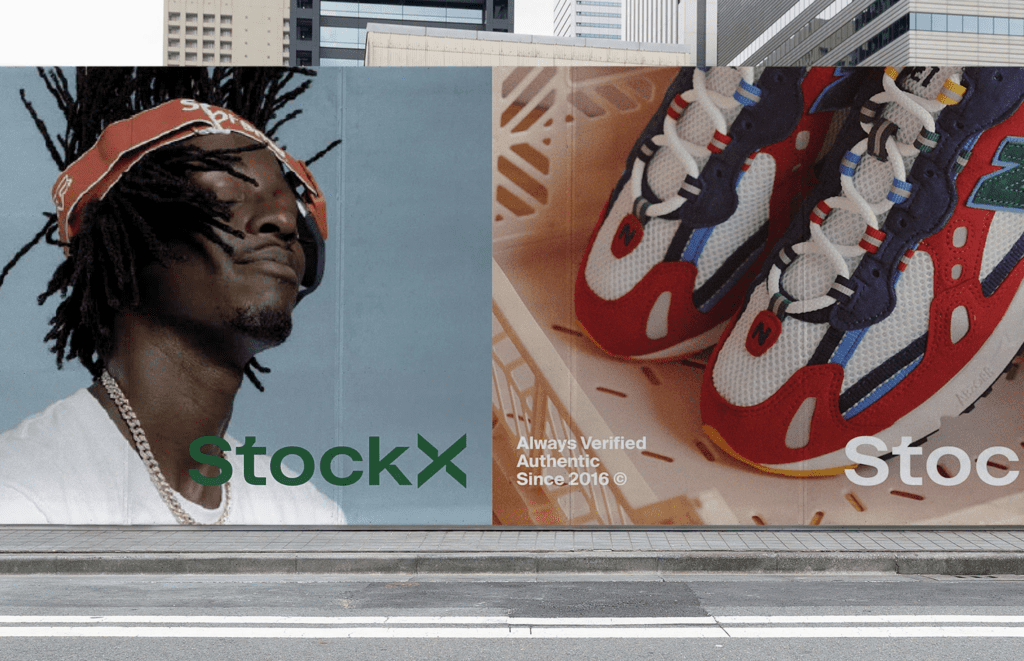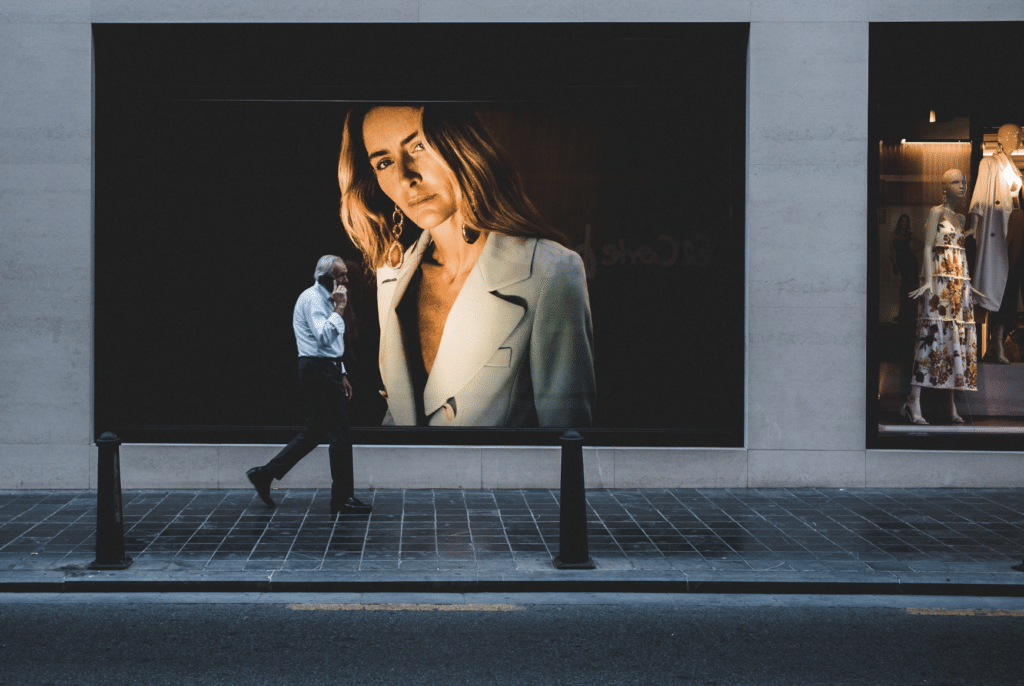People for the Ethical Treatment of Animals is threatening Louis Vuitton with a lawsuit over allegedly “false claims” that the company’s chairman and CEO made in an interview in September. According to a letter addressed to Louis Vuitton chairman and CEO Michael Burke on Monday, legal counsel for the animal rights group “demands” that Burke “immediately end [his] false representations that the animals used for Louis Vuitton products ‘are humanely farmed.’” Such comments amount to “fraud,” PETA Foundation deputy general counsel Jared Goodman asserts, citing a potential “consumer fraud action” against the luxury goods company as a result.
In the letter, which was seen by TFL on Monday, Goodman points to comments that Mr. Burke made in a September 19 interview with British publication, The Telegraph, in which he stated, “I can say 100 percent hand on heart our animals are humanely farmed.” PETA’s counsel claims that “this assurance to consumers” is without merit, as “there is no such thing as ‘humanely farmed’ animals, who are violently killed and skinned for Louis Vuitton products.” (PETA does not state in its letter whether a standard for “humane farming” exists, and if so, what that standard entails.)
Goodman continues on in the brief letter, stating, “As you no doubt know, PETA has exposed the cruelty of the exotic-skins industry, including within LVMH’s supply chain.” For instance, he cites “a PETA-affiliate exposé into Vietnam crocodile farms, [which] shows tens of thousands of crocodiles in small, concrete enclosures – some narrower than the length of their bodies. The investigator was told the animals were kept there for over a year.”
PETA’s counsel asserts that Burke and the Louis Vuitton brand “can easily rectify this by removing all exotic skins from your offerings immediately, just as major designers, including Calvin Klein and Chanel, and retailers, such as Nordstrom and Selfridges, have already done.” He states that PETA hopes that Burke “will recognize your untenable position and, at the least, immediately cease making this and any other false claims to misrepresent the suffering inherent in your company’s supply chain.”
This is hardly PETA’s first attack on Louis Vuitton, nor it is the group’s first threat of litigation. In early 2016, PETA announced that it had acquired a single share in Louis Vuitton’s parent company LVMH Moët Hennessy Louis Vuitton in furtherance of its quest to gain access to LVMH’s shareholder meetings to pressure the Paris-based luxury goods conglomerate to stop using alligator and crocodile skins in its products.
A squabble erupted between the two entities when PETA claimed in the spring of 2017 that it was denied entrance to an LVMH shareholder meeting after announcing that one of its representatives planned to attend the meeting in order to inquire about LVMH’s reliance on Vietnam crocodile farms – including two that supplied skins to a tannery owned by LVMH – which were allegedly subjecting animals to an array of abuses, as well as its use (and alleged abuse) of ostrich skins for its pricey products.
On the heels of the meeting, PETA alleged that its “representative was refused entrance to the main meeting room and denied the opportunity to ask board members a question about the company’s appalling use of exotic-animal skins.” While the exact rights of shareholders tend to vary by company and in accordance with the size and nature of each party’s stake, PETA argued that its acquisition of a single share in LVMH in January 2016 ensured it entrance to the Paris-based conglomerate’s annual shareholder meetings. After being excluded from the April 2017 meeting, PETA told TFL that it was exploring potential legal action. No formal litigation between PETA and LVMH has followed.
Should PETA decide to initiate legal action against Louis Vuitton, it would not be the first plaintiff to file suit on the basis of allegedly misleading animal treatment claims. Although, it might be the first to do so in a fashion context.
Courts in the U.S. have been facing a growing number of filings over companies’ claims about their treatment of animals, namely in the context of food. As Sheppard Mullin’s Abby Meyer stated in August 2019, “A handful of class actions have been filed challenging label claims regarding the treatment of the animals.” In one such case, a class of plaintiffs filed suit against Pete and Gerry’s Organics, LLC and Nellie’s Free Range Eggs in March 2019, alleging that the defendants’ advertisements and product labels falsely represented that their eggs were sourced from humanely-treated hens.
The companies’ “product labels depicted open grass fields, a little girl holding a hen, and phrases including ‘they roam where they please,’” Meyer stated. “A website link further depicted hens in large grass fields and distinguished the defendants’ farms from typical hen farms.” The plaintiffs, who set forth claims of common law fraud and breach of express warranty, took issue with such representations, asserting that “contrary to the label claims, the defendants ‘cram[] and stuff[] hens … into sheds up to 20,000 at a time,’” thereby, misleading consumers by way of their allegedly false marketing messaging.
Fast forward to May 2020 and the parties agreed to confidentially settle the case. However, a number of other, similar animal-specific cases – which have been filed largely on state consumer fraud grounds – are currently underway in various courts across the U.S., and are “consistent with the overall trend of attacking representations made on labels and in advertising,” per Meyer.
“In recent years, animal rights groups have focused their litigation efforts on companies that they perceive are popular with consumers and are delivering messages to consumers about positive animal welfare, environmental stewardship and the production of ethically-sourced products,” according to Duane Morris’ Michelle C. Pardo. “Animal rights groups view this type of labeling and marketing as a threat to their mission. If consumers feel good about the products that they buy, they are less likely to abandon meat, dairy and other products” – including exotic-skinned luxury handbags – “that are eschewed by many animal rights activists.”
A rep for Louis Vuitton was not immediately available for comment.














